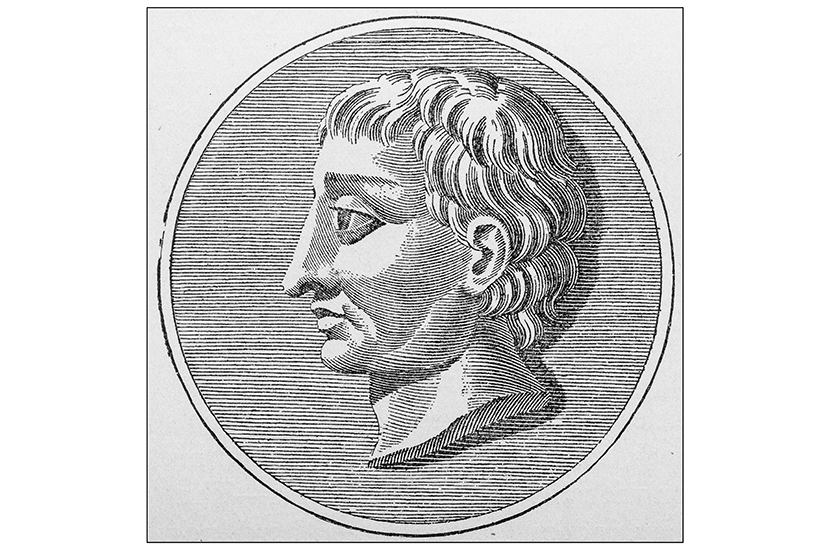Word has it that ministers already do not bother to argue their corner with the government’s inner ring, while a slimmer, streamlined cabinet office threatens to disempower them still further. Ministers could soon resemble senators under Rome’s second emperor Tiberius (ad 14-37).
The historian Tacitus painted an extraordinary picture of Tiberius’s early days in office. The fact was that his stepfather Augustus had exercised autocratic power after he ‘restored’ the republic that had collapsed in 31 bc. The question for senators, therefore, was what change to expect under the new man in power. Their experience suggested precious little.
They already knew Tiberius as a cryptic, devious and heartless character, whose word could never be trusted. So when he put on a show of humility and appealed to them to turn the running of the empire into a joint venture with him, they smelled a rat. After Augustus’s handwritten analysis of the state of the empire had been read out, he said that, while he was not capable of running the whole republic, he would look after any part entrusted to him. Gallus, ironically, at once asked him what part he would like to run. Obviously displeased, he said he preferred to be excused altogether. Gallus replied that the point of his question was to get him to agree that a single state needed a single mind in control. This did not go down very well either. Haterius then asked Tiberius for how long he would permit the state to have no head. This went on and on until Tiberius at least stopped denying that he would exercise any control. In the event, as expected, senators were permitted mere ‘phantoms of liberty’.
Senators under Augustus knew where they stood: nowhere. Under Tiberius, ‘their servitude was all the more detestable the more it was disguised under a semblance of freedom’. But they knew sycophancy was the safe bet. Indeed, Tacitus reported that even Tiberius tired of their grovelling, contemptuously muttering of them in Greek: ‘Men fit to be slaves!’ It will be interesting to see if the dramatic changes at the top turn our ministers into nodding dogs too.






Comments